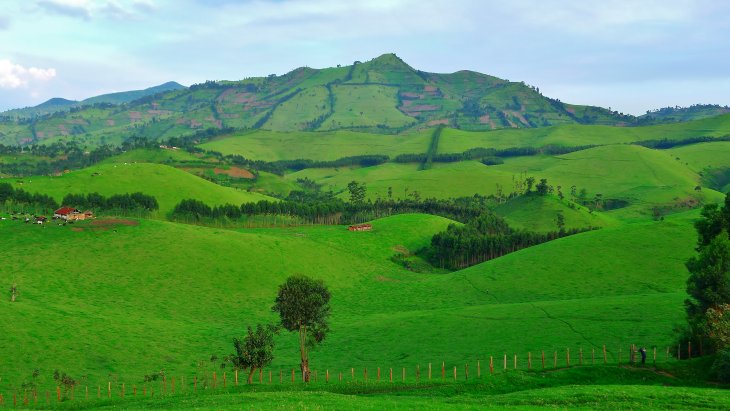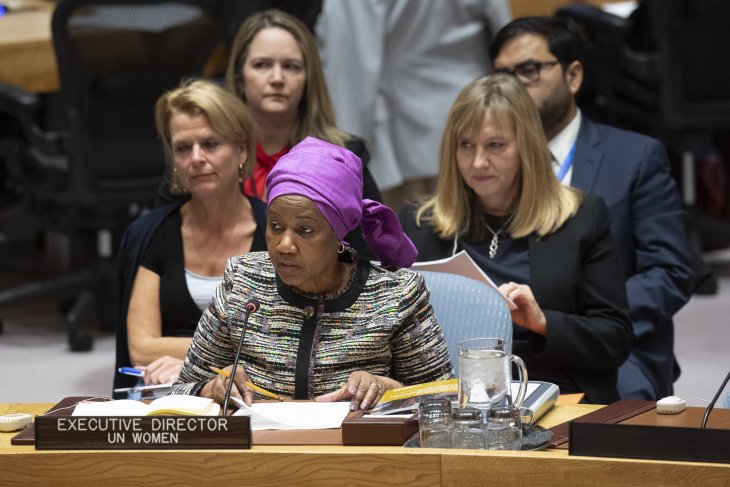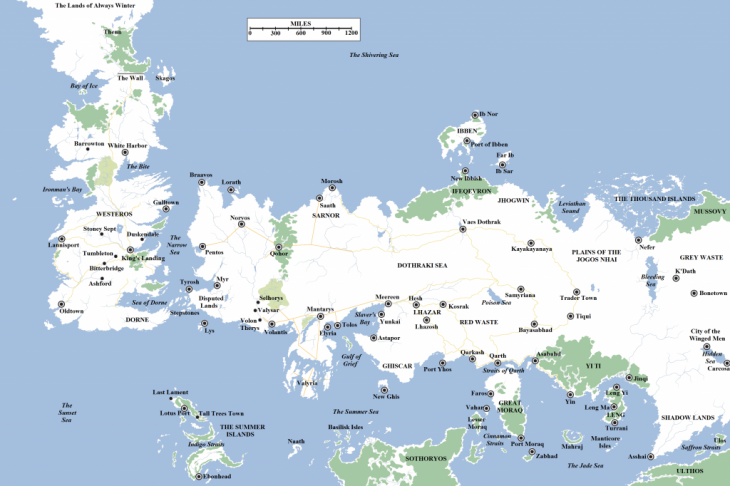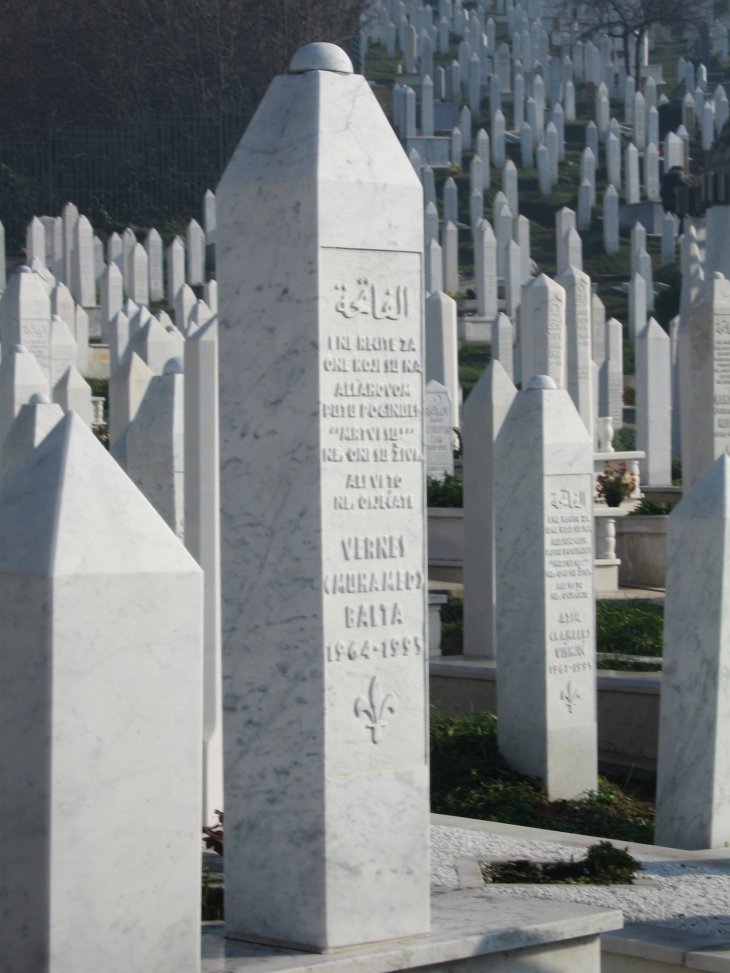Thursday 17 January The Technical Committee of Ceasefire and Transitional Security Arrangements Monitoring and Verification Mechanism has not been able to secure a 2019 budget. Major General Desta Abiche Ageno explained that they had received insufficient international donations. President Kiir travelled to Egypt to discuss bilateral cooperation, and he urged the Egyptian president al-Sisi to… Read more »
This Week in South Sudan – Week 2
Tuesday 8 January President Salva Kiir pardoned 48 detainees in prisons in Wau, Juba, Torit, Turalei and Kuacjok. So far, media has reported on releases from Wau, Gogrial in Warrap State and Mayendit in Unity State. South Sudan media regulator ordered national media outlets to ignore ongoing anti-government protests in Khartoum. Wednesday 9 January The… Read more »
Norway Has Chauvinistic Tunnel Vision When It Comes to Congo. The Country Has Great Possibilities.
On 10 December, the Nobel Peace Prize was awarded to Nadia Murad and to Denis Mukwege, a Congolese gynaecologist. For 10 years though, the Norwegian media and politicians, including the prime minister, have viewed the Democratic Republic of the Congo as Joshua French’s prison.*
This view derives from a chauvinistic tunnel vision. We will celebrate Mukwege best by acknowledging that this view is historically, geopolitically, and ethically unacceptable.

Hill fields in North Kivu, DRC. The Kivu Provinces have been the site of frequent conflict, partly due to being rich in minerals. Photo: LM TP via Flickr
This Week in South Sudan – Week 1
Wednesday 2 January The African Union Peace and Security Council backed the deployment of an IGAD force within the UN mission in South Sudan despite UN’s reservations of the force’s role in the peace process. Thursday 3 January China donated $7 million to the UN World Food Programme in South Sudan. The money is targeted… Read more »
International Water Cooperation Opens the Door to Peacemaking
Although water is an essential input for agriculture and industrial production, it is also scarce in many regions. When it crosses international borders via shared rivers, lakes and aquifers, it can become a source of conflict and contention. Yet while water can be a source of instability, especially in the face of climate change, it… Read more »
This Week in South Sudan – Week 51 and 52
Monday 17 December The Government of South Sudan (GoSS) protested the US sanctions mentioned in TWiSS week 50, and specifically denied buying weapons from IDF General Israel Ziv. Reportedly, six former members of the SPLM-IO joined the Federal Democratic Party/South Sudan Armed Forces, which is led by Garbiel Changson Chang. Tuesday 18 December Violent clashes… Read more »
Feminism and Empiricism: Two Contributions to Improving Women’s Inclusion in Peace Processes
Academics and policymakers can probably agree on the need for a more solid research base in order to effectively support the inclusion of women in peace processes. Our chapter in the newly released Oxford Handbook on Women, Peace and Security, argues that improving dialogue among scholars and practitioners requires acknowledging that different forms of research contribute with different pieces of the puzzle.

Phumzile Mlambo-Ngcuka, Executive Director of UN Women briefs the Security Council on WPS in October 2018; a meeting where improving women’s meaningful participation was a key theme. Photo: UN Photo
While different categorizations exist in the debate (see for example, Reiter 2014 or Kennedy and Dingli 2016), we here argue for the usefulness of discussing the contributions of two forms of approaches: first, a conceptual critical feminist research (henceforth called feminist research) often identifying and deliberating on underlying political discourses affecting perceptions and performance; and second, systematic empirical research on gender (hereafter empirical research) collecting disaggregated data and information in order to examine causes and understand trends useful for evidence-based recommendations. We have spent the last decade assisting the progression of the latter approach.
The Clash of Guns and Swords: Game of Thrones and Reality
Are there any similarities between the bloody war in Game of Thrones (GoT) and modern conflicts? The battle fields are certainly quite different, and dragons have very little to do with today’s conflicts (although they may allude to weapons of mass destruction). However, if we look beyond the fighting and fantasy, and study the logic of where and when violence and conflict occur, there are a surprising number of similarities.
As a conflict researcher, I find GoT fascinating. I wanted to see if I could use the series to shed light on the logic of conflict and violence, to use it as a tool to help people comprehend conflict patterns and theories. I compare the logic of violence – why do we see these types of conflicts? Why do they happen?
If people can understand a series as complex and convoluted as GoT, with myriad shifting alliances and a staggering cast of characters (or number of actors, both state and non-state), then they can understand conflict patterns today.

Figure 1: The world of Game of Thrones. Source: woiaf.westeros.org
Children Born of War Are Not the Enemy. How Can They Be Integrated into Society?
This year, the Nobel Peace Prize has been awarded jointly to the Congolese doctor Denis Mukwege and the Iraqi human rights activist, and witness and survivor of human-trafficking, Nadia Murad. These two voices are an extremely important contribution to ongoing efforts to combat war-related sexual violence. We are among the many people who are delighted that the two prize-winners are getting the recognition that their courage and efforts deserve. At the same time, there are other voices that are seldom heard and who have few spokespersons. These are the voices of the children who have been conceived as the result of conflict-related sexual violence. Scarcely any statistics or overviews exist of how many children are involved, about what happens to them, and how their lives are shaped by the manner of their conception.

Civil War Graveyard in Sarajevo, Bosnia. Photo: Inger Skjelsbæk.
These children are known as Children Born of War (CBOW). They are often seen as the ‘children of the enemy’, both by their families and by their local communities and society in general. Every so often we hear stories about shunning and gross breaches of these children’s basic human rights. But the fact is that we know very little about their actual situations, and how their mothers, families and local communities take care of them – or reject them.
This Week in South Sudan – Week 50
Please note that there will be no news update next week. We will be back on Monday 31 December with a two-week TWISS update for week 51 and 52. Wednesday 12 December President Kiir went to South Africa to discuss bilateral relations with his counterpart Cyril Ramaphosa. After the second outbreak of Ebola hit the… Read more »